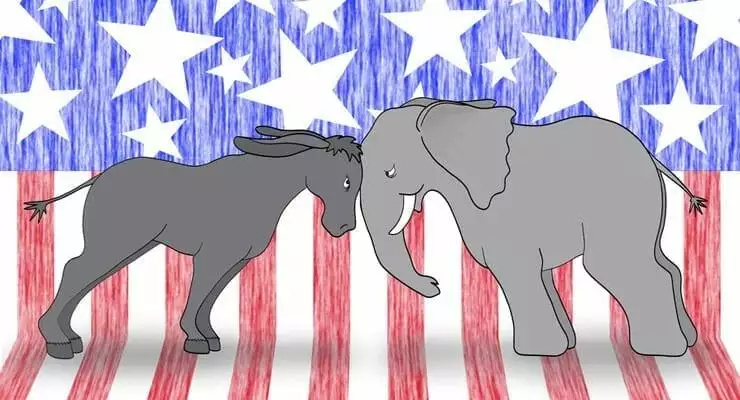Most of us are counting the days until November 8, if for no other reason than to get back to normal life. A recent APA survey showed that the election is creating a terrific amount of stress for America adults. Imagine what this chaotic election season must feel like for America children.
For months now, they’ve witnessed stress and bickering among the adults in their lives. At school. At home. On the soccer field. On billboards. On Facebook. On TV. On Twitter. Kids have a condensed sense of time, so to them especially, this has been an endless political election. Adding to the drama, for many of them, this is the first, or only, election they’ve been cognizant of. Keep in mind that kids cannot vote, so they have zero control over the election results, adding a feeling of hopelessness to the general bewilderment they experience daily.
Three dominant characteristics make the November 8 election unique, and all three are worse for our kids than for us:
1) The hyperbolic negativity, name-calling, and insults.
2) High voter engagement, which translate into lots of strong opinions, loudly voiced.
3) Use of social media by political candidates.
All three make this election particularly hard for kids to handle.
I have three teenagers myself. The two older ones are taking political science classes specifically studying this presidential election. The youngest is at a new school with a different political sensibility. Every day, one of them mentions something involving a classmate, teacher, or news clip involving the election. This presidential election has become like wallpaper in their lives. And it’s not a soothing pattern. They don’t know what to believe coming out of adults’ mouths, including the distorted sound bites, random threats to move to Canada, and voters threatening to start their own militia group.
As adults, even if we get caught up in the election bedlam, we have a responsibility to communicate three sane key messages to the kids in our lives:
• The campaigning, name-calling, and squabbling will end soon, and democracy will prevail, one way or the other.
• Your friends will still be your friends, no matter which candidates win.
• Elections are not usually like this!
Lastly, make election night festive, and sportsmanlike. Take your kids to vote with you. Enjoy teaching them the ropes of democracy. Read the Constitution together. Force yourself to say at least one positive thing about each candidate. Reassure children that no matter who is elected, reason will prevail (even if you have a few doubts yourself). Election day and night will be our final chances to show our kids the American electoral high road. How you behave, and what you say, on election night will probably be what they remember most vividly about this extraordinary election.





